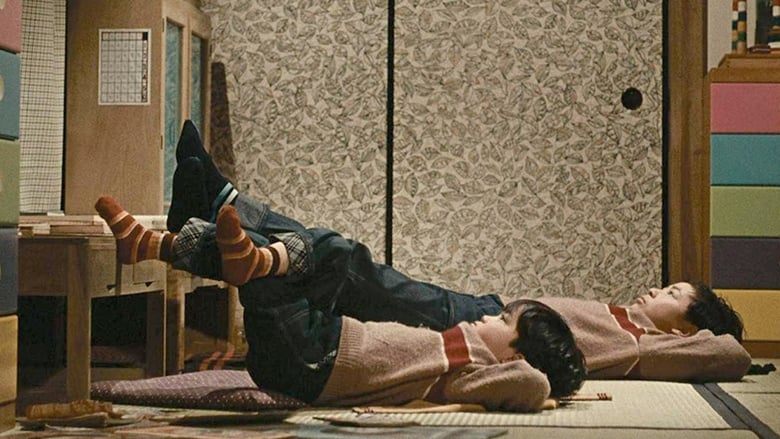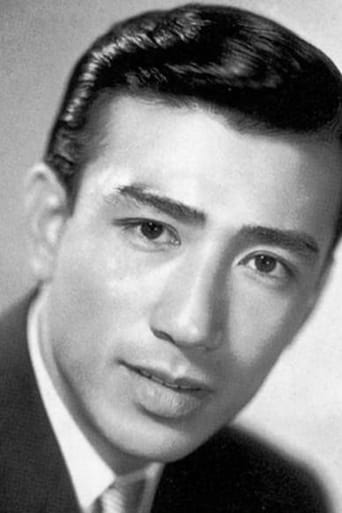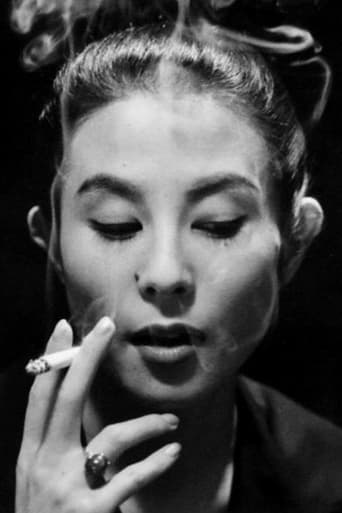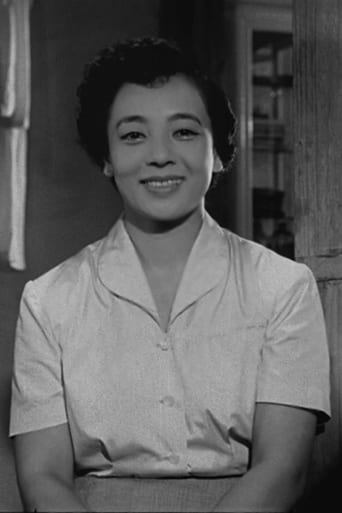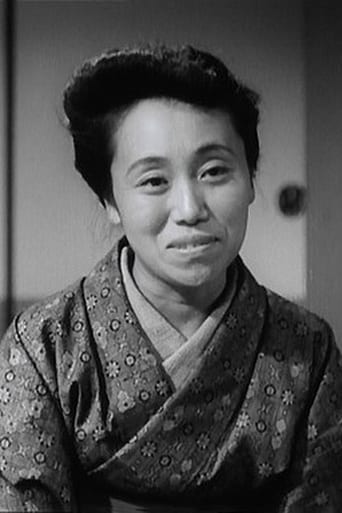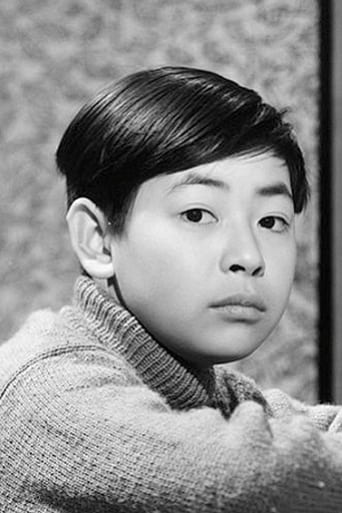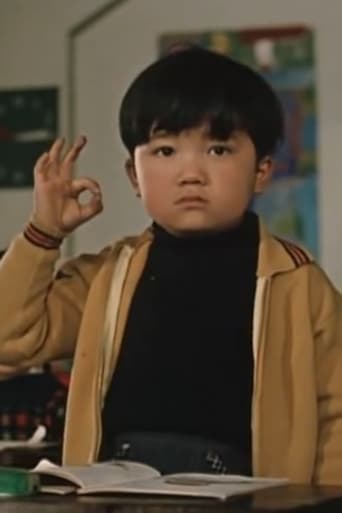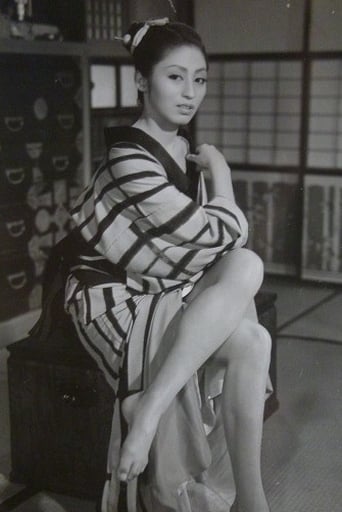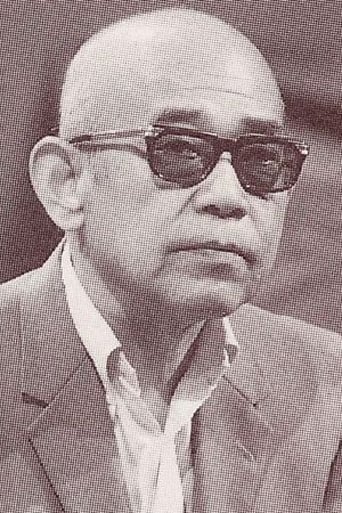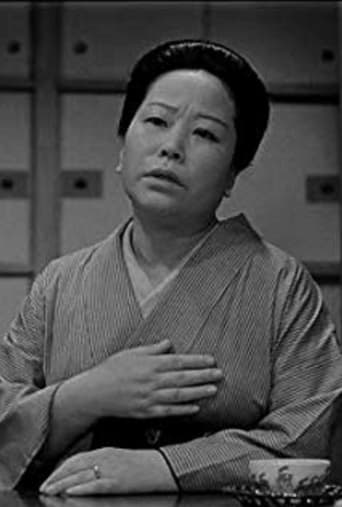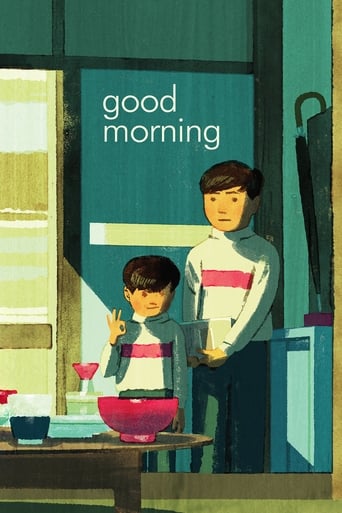
A lighthearted take on director Yasujiro Ozu’s perennial theme of the challenges of intergenerational relationships, Good Morning tells the story of two young boys who stop speaking in protest after their parents refuse to buy a television set. Ozu weaves a wealth of subtle gags through a family portrait as rich as those of his dramatic films, mocking the foibles of the adult world through the eyes of his child protagonists. Shot in stunning color and set in a suburb of Tokyo where housewives gossip about the neighbors’ new washing machine and unemployed husbands look for work as door-to-door salesmen, this charming comedy refashions Ozu’s own silent classic I Was Born, But . . . to gently satirize consumerism in postwar Japan.
Similar titles
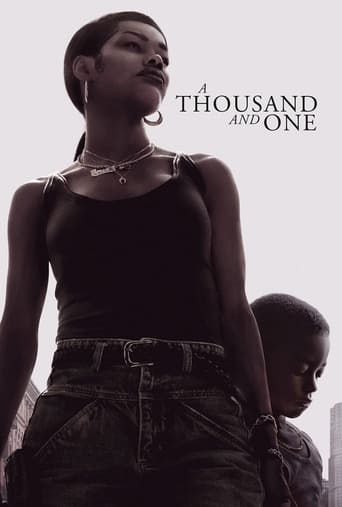
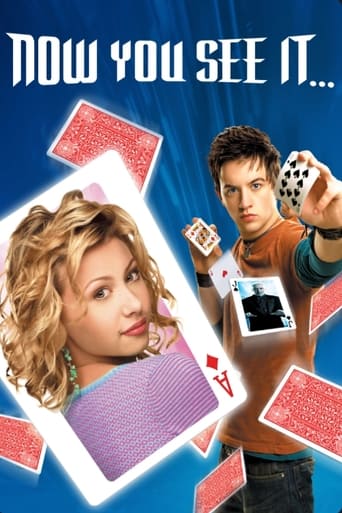
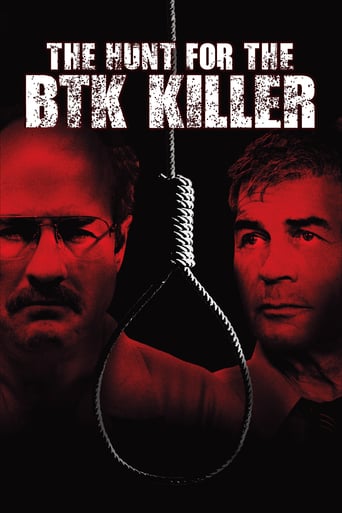
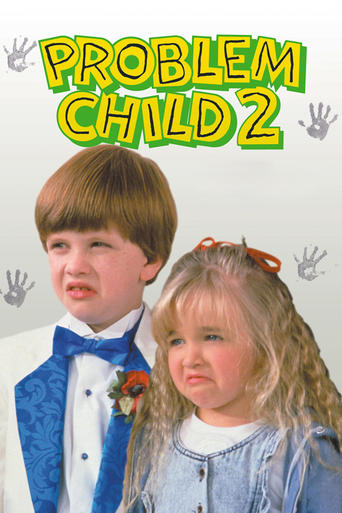
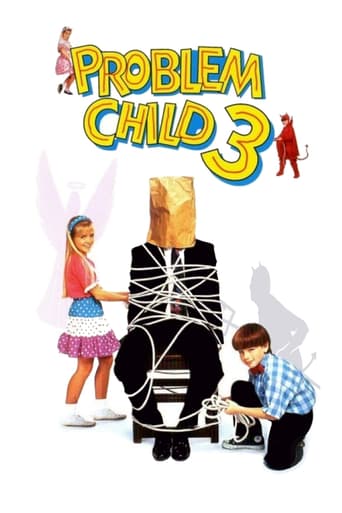

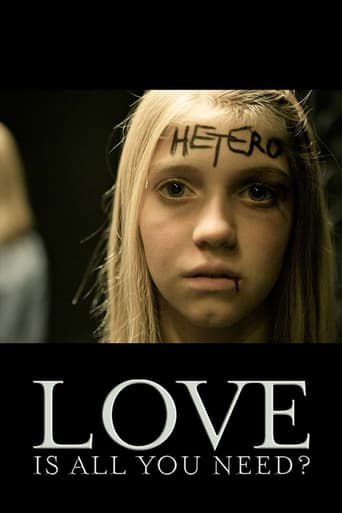
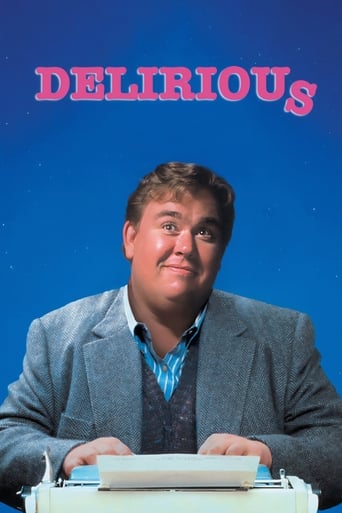
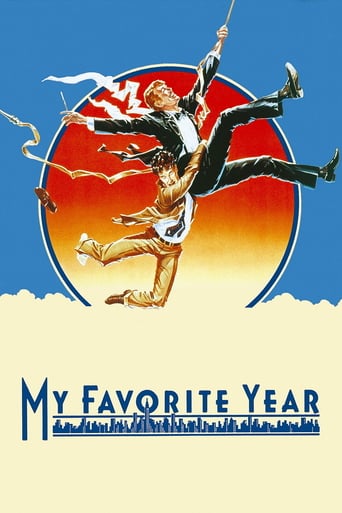
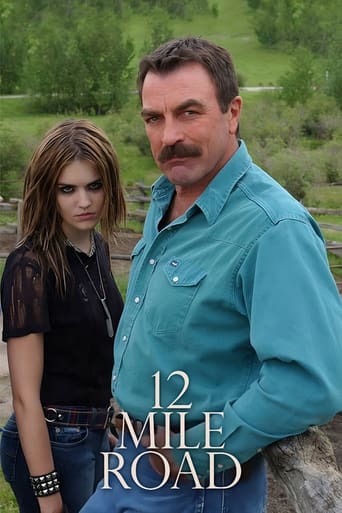
You May Also Like
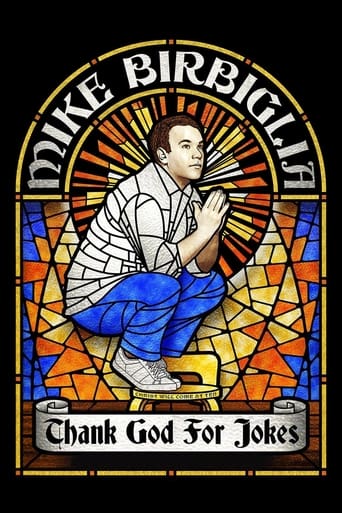
Reviews
How sad is this?
The film makes a home in your brain and the only cure is to see it again.
At first rather annoying in its heavy emphasis on reenactments, this movie ultimately proves fascinating, simply because the complicated, highly dramatic tale it tells still almost defies belief.
The film never slows down or bores, plunging from one harrowing sequence to the next.
I'll start off saying something about Good Morning that will sound like I'm putting it down, but I'm really not: the ingredients of the story (or stories if you want to get technical, there are sort of three running plot-lines here with characters all centered around several houses right below one of Ozu's quintessential small hills), in a lot of other's less imaginative or more hackneyed sensibilities, could have made for a sitcom. The stuff here isn't complicated, and as it starts, it all feels so... simple. All one is doing is seeing... a few kids, two of them brothers, who live ordinary lives, and their parents deal with ordinary problems like... well, did this person pay the dues owed to that other person and did the other woman use that money to get a *washing machine*? Good heavens, the scandal! That's the way I always come to Ozu's films, where it starts off and for at least the first twenty minutes to nearly half an hour, it feels like "nothing" is happening, but that's only because of expectations that come from seeing decades of movies where incident is supposed to happen, drama is supposed to escalate quickly, and those pesky lessons from screen writing classes get jammed down our throats. Good Morning doesn't do that; this is the kind of story where what would seem to be a moment of high dramatic conflict comes when the door-to-door salesman, hocking his wares of rubber bands and pencils (yes, *pencils*), drops by and makes the mother of the two boys a little uncomfortable, saying "We don't need anything." As it turns out, he's probably one of the nicest salesmen in the history of cinema.But I hope you can see what I mean if you watch this, or even read the synopsis, how the stuff of this story could have been used as parts for a sitcom type of scenario (Leave it to Beaver, mayhap?) While it should go without saying that the idea of, you know, buying a television being the central conflict and driving force of the two boys who decide to stage a hunger-and-or-"talking" strike (farts are okay though) may appear dated in a world where if one finds a home that does *not* have a TV (or a decent laptop or home projection system or who knows what else), the idea of encroaching technology is something that is universal. Certainly the parents are fine with them going to the movies (if they do, that never comes up), or something that's easy to take for granted like, you know, *electricity*, who why the problem with the TV? The distraction is part of it, maybe the key part for the mother (when will those pesky kids do their English homework?!), but it's also something a little deeper than that.Ozu's mastery here is to take parts that, again I must stress, seem not only like nothing extraordinary but precisely the stuff that families deal with day in and day out - down to one of those "life's little observation" things a stand-up like Seinfeld might point out, as in why people use those "good morning" "nice weather" observations as a way of masking how one really feels, say, to the woman that's a crush - but gives it a depth of feeling and subtlety that you grow to appreciate. Like with Tokyo Story, and a few others by this director, it suddenly hits you about half an hour in what Ozu is really trying to do here (for me it's when the kids throw their tantrum and decide to go on their speaking-strike, but, again, the farts are okay), and it becomes a richer experience, one that has a uniqueness despite seeming on the surface to be the stuff that people deal with day in and day out.That the movie is also funny is a plus, but it's not like a 'LOL' sort of scenario, you're not going to bust a gut exactly through this (though I found some hearty laughs with the kid, the son of that actress who is in a lot of Ozu movies as the bitchiest of the characters, I believe the more ungrateful daughter on Tokyo Story actually). No, this is a gentle comedy that relies a lot on behavior, a little repetition like the little (very cute) brother repeating everything his older brother does, and what are perceptive touches of social satire. It's such a realistically drawn film, even down to (yes, I must stress again) the fart jokes, that it may be lost on some, like those who would be fine with a typical sitcom for families, that there is commentary about how we live and adapt to changes, and the resistance is just as natural as the gradual acceptance of the change and how we use language (which I used to watch, a lot, I'm not kidding, this feels like something that could've been on Full House!)
«— Complicated things are difficult to say. — Yes. Whereas meaningless things are easy to say.»This is my first viewing of any of Ozu's filmography. It was undoubtedly a marvelous experience, and one that I'll never forget.I think the essential beauty of it lies precisely in its simplicity; unlike some directors, like Bergman or Tarkovsky, masters of visual and intellectual complexity on screen, making the canvas burst with extraordinary imagery, Ozu, on the other hand, finds that beauty and complexity in the utmost ordinary things: wanting a television (at a time when it was gaining mainstream popularity in Japan), eating rice with your brother, watching sumo wrestling, doing some English assignments and even... farting.It is in those mostly innocent and innocuous things that Ozu sees the inherent wonder of being a child, and it is that feeling of astonishment that he conveys through gentle, placid camera angles and creamy colour tones.The complicated doesn't need to be difficult to say, and sometimes the most meaningful of things are the ones who are the simplest to express.
One of Japanese master Yasujiro Ozu's latter movies (and among his few color films). In a Japanese suburb in the late 1950s, two Japanese tykes (one about 10 years old, the other about 6) decide not to talk to anybody any more until their parents buy them a television set (this film was made in an era where many people in Japan were buying their first TVs).Shot in his traditional transcendental style, this charming comedy shows a more modern Japan than in other Ozu films of that era (at the same time, the cultural attitudes the movie reflects make it very much a film of the fifties). This was probably one of the first movies made anywhere to deal with life in the suburbs - even if it is set in a very Japanese suburbia (all the houses are very close to each other and its residents constantly interact with each other. There is also constant gossiping around among the housewives). In many ways, Good Morning is a movie about the many changes brought by the modernization and Americanization of Japanese society after World War II, Surprisingly for an Ozu film, this has even a number of gags involving human flatulence.A triumph for Ozu, even if it is probably not as moving as Tokyo Story, Late Spring or Early Summer. The ensemble of actors certainly helps.
In a small community of workers in Japan, two brothers decide to not speak because they want to force their parents to buy a television.With this single storyline, Japanese director Yasujiro Ozu exposes a delightful and critical view of the behavior of the Japanese working class under the American influence in the post-WWII. Once again the major concern of Ozu is with the family and human relationship. The situation of the retired people is magnificently pictured through the desperate men looking for a job; the domination of the USA in Japan is represented through the need of private English classes for the two brothers, and the translation of documents to English; superfluous consume of the American society is represented through the importance of the useless television for the younger generation, while their parents are concerned with have some savings for their retirement. The destructive little gossips, the difficulties of communication, and many other problems of relationship are also shown in this little gem. For movie lovers like me, I regret to inform that this is the first DVD of the great director released in Brazil. Only in festivals, and occasionally in cable television, Brazilians have the chance to see the work of this great director. My vote is eight.Title (Brazil): "Bom Dia" ("Good Morning")
Top Streaming Movies











